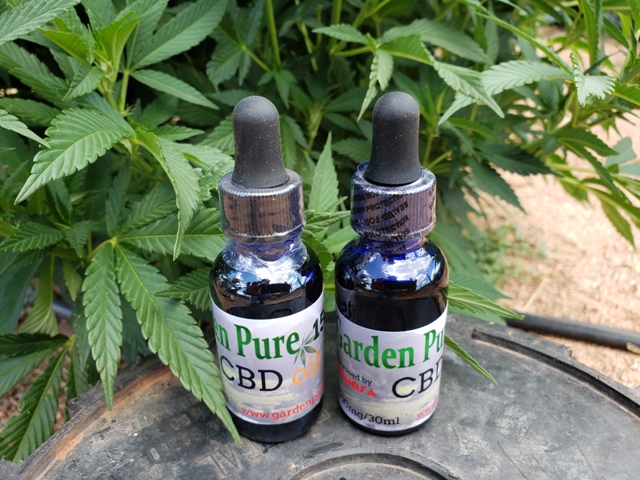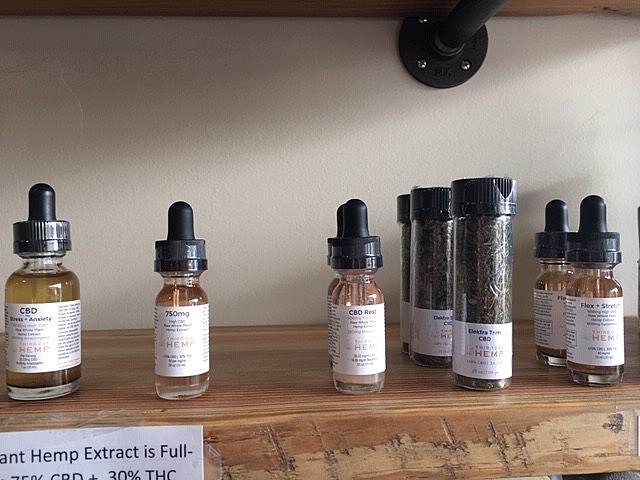CBD and Mental Health
Anxiety and depression disorders are becoming more and more frequent in the general population, which is causing a large increase in the use of psychotropic medications, antidepressants, and anxiolytics, which in the case of Spain is alarming, as we are currently at the forefront in the use of these drugs.
Precisely because of the convenience of finding other options, patients are increasingly looking for medical hemp products to treat these disorders. Consultations of information on the Internet about CBD and anxiety and/or depression are increasing day by day. CBD or Cannabidiol, a phytocannabinoid from the Hemp sativa plant that lacks the psychotropic component (THC), and therefore its associated risks, has great potential in psychiatry and mental health, as we see below.
Studies on CBD and anxiety and depression
The broad-spectrum therapeutic properties of CBD or Cannabidiol have attracted increasing interest in the scientific community in general in recent years; but more specifically, as a therapeutic treatment for various neuropsychiatric disorders.
CBD has demonstrated anxiolytic and antidepressant efficacy in people with clinical anxiety and depression. Preclinical evidence suggests anxiolytic and antidepressant effects, as well as lack of withdrawal syndrome, one of the most dangerous side effects of psychotropic drugs.
All studies recommend further placebo-controlled clinical trials and new research that can gather conclusive data on CBD for anxiety and depression, in order to obtain prescribing guidelines and conclusive information that will reveal its full potential.
It is worth mentioning that, although the potential of medical hemp for anxiety and depression remains unknown, the available research agrees in concluding that CBD appears safe for patients.
In this article, we collect salient information from various existing research on the use of medical hemp for anxiety and depression, with the purpose of broadening its dissemination.
Cannabidiol as a Potential Treatment for Anxiety Disorders
This study mentions that existing preclinical evidence strongly supports CBD as a treatment for generalized anxiety disorder, panic disorder, social anxiety disorder, obsessive-compulsive disorder, and post-traumatic stress disorder when administered acutely. However, few studies have investigated chronic dosing of CBD. Similarly, evidence from human studies supports an anxiolytic role for CBD but is currently limited to acute dosing.
Experimental findings in humans support the preclinical findings and suggest a lack of anxiogenic effects, minimal sedative effects, and an excellent safety profile.

Antidepressant and anxiolytic effects of medical hemp.
This observational study evaluated general health in medical hemp users and non-using controls with anxiety and/or depression. The initiation of medical hemp during the follow-up period was associated with a significant decrease in anxiety and depressive symptoms. If you are searching for what is CBD oil, you may want to check out their page for more useful reference.
The specific contribution of this study is that it extends previous research by including a control group.
Study of Cannabidiol in clinical practice in New Zealand.
CBD is currently approved by the FDA for the treatment of Dravet syndrome and Lennox-Gastaut syndrome, two childhood seizure disorders. Other studies in Psychiatry show that CBD can also reduce the psychotic symptoms of schizophrenia.
However, CBD shows a potential therapeutic use far beyond that. In addition to what was discussed above in relation to anxiety and depression, preclinical studies show that CBD has anti-inflammatory effects through the inhibition of immune cell migration, which may be useful in chronic inflammatory conditions and neuropathic pain.
In the present study, CBD treatment improved quality of life indicators in patients with both mental health and pain-related symptoms.

